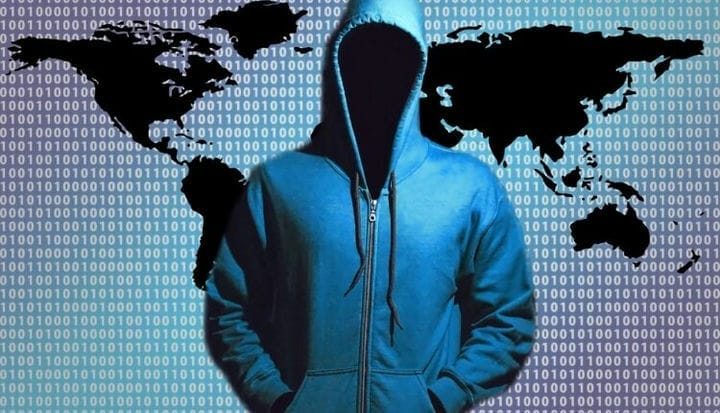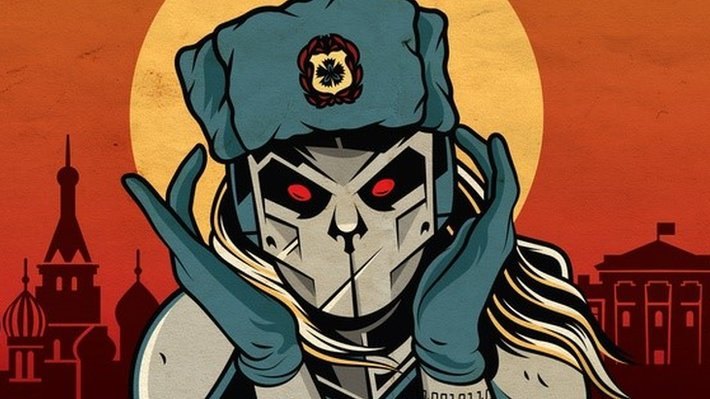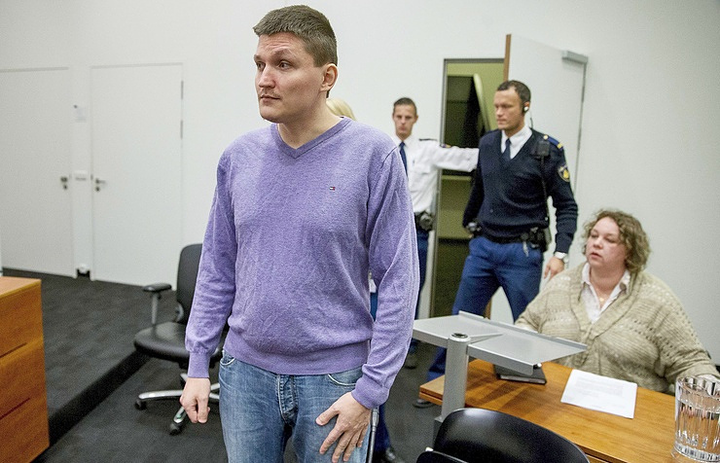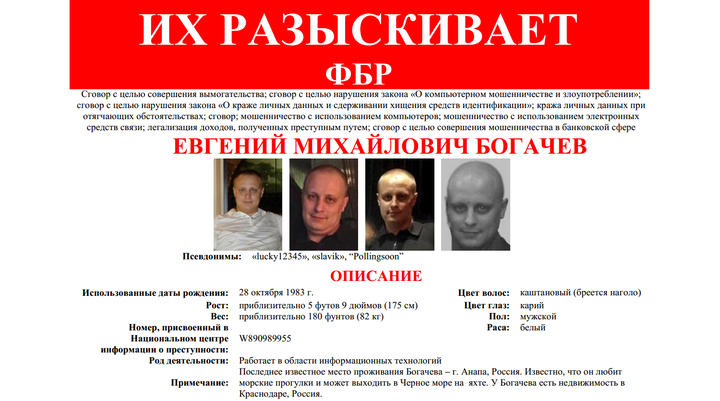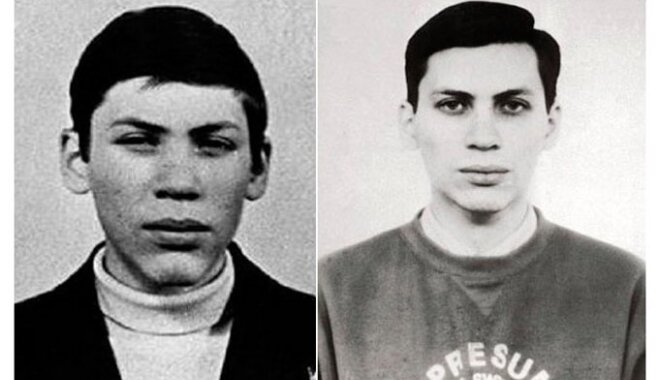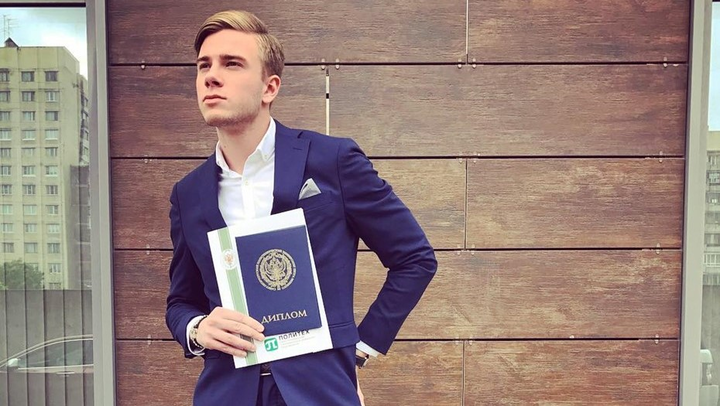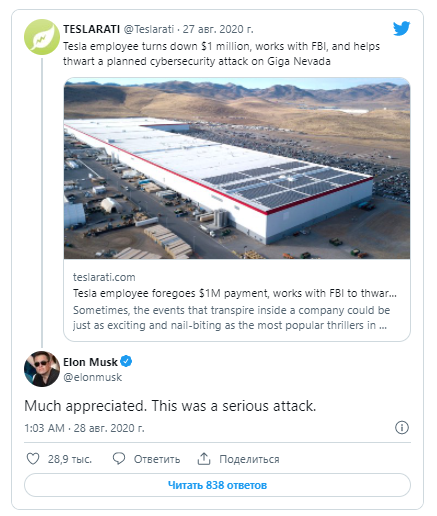The very concept of "Russian hackers" originated from a comic meme, which is rooted in a political stereotype, where it is customary to blame anyone for any problems, but not yourself. An intern at Microsoft left a router without a password – Russian hackers are to blame, the weather service did not see the approaching hurricane – guess who is to blame. This brand, if I may say so, gained particular popularity in 2016 after the election of Donald Trump and the scandals and accusations against Russia associated with it.
Today I would like to talk about the most iconic "brand representatives" who once caused a stir in the international IT community.
Cozy and Fashionable Bears
Hacker groups also known as ART28 and ART29. Western cybersecurity experts say they operate under the auspices of the FSB and the GRU respectively, constantly competing for the title of Russia’s most dangerous hacker group.
They are notable for the fact that they practically did not commit hacks in order to get rich – their main targets most often became international organizations, companies and sometimes individuals in conflict with Russia or under the gun of Russian foreign policy.
In particular, the groups are accused of interfering in the US presidential election in 2016 (then Trump was elected), of attacks on US and NATO information systems, and of collecting incriminating data on the government of dozens of countries around the world.
Vladimir Drinkman
Together with his accomplice, Dmitry Smilyants, they caused damage in the amount of 200 million dollars. The scheme was simple: Vladimir hacked the websites of small shops and enterprises, in the database of which the payment data of customers were stored, and Dmitry, together with his assistants, was engaged in the sale of stolen credit cards.
Some of the lowest prices on the carding market ($10 for an American card, $15 for a Canadian, and $50 for a card from Europe) quickly brought popularity to the group, which eventually led to the fact that at some point half of all stolen payment data on the planet.
It is especially noteworthy that Smilyanets used the proceeds from cybercrime for a long time to support quite successful Moscow Five esports teams in Dota 2, CS-GO and other disciplines. Teams still exist, but, of course, already for legal means.
Evgeny Bogachev
For help in catching this hacker, the FBI is offering a reward of $3 million, but this is practically impossible: despite the huge interest of Western intelligence services in Yevgeny, domestic security forces have no claims against him, and since he was put on the wanted list, he has not left the territory of the Russian Federation .
Behind him is the creation of one of the most dangerous viruses that steal payment data, and not from anyone, but from the banks themselves. The “Game over Zeus" virus was released by a person who was hiding under the pseudonyms Slavik and lucky12345. However, simply hacking Slavik’s banking structures was not enough, he soon gathered around him a whole team of like-minded people who pumped the capabilities of the virus, regularly releasing updates and even conducting a beta test on the servers of private companies, subsequently blackmailing the victims (it was this group that introduced such a system into cyberspace). practice).
During the operation to deanonymize Yevgeny, experts also discovered that GameOver was not just a virus for stealing money, but also the most sophisticated tool for collecting intelligence data, to which only Bogachev had access. No direct connection between the hacker and government agencies was found, but the assumption that he works for intelligence in exchange for immunity gradually became an axiom.
Vladimir Levin
Not to be confused with Lenin. Vladimir is the first Russian hacker who literally blew up the media, both domestic and Western, with a description of his atrocities committed in the United States from another country.
In 1994, Vladimir hacked into the network of the American bank CityBank and stole, according to various estimates, up to 10 million dollars. There are so many funny moments in this story that you don’t even know where to start.
Firstly, Vladimir did not hack into the bank’s network, according to his own statements and the words of one well-known hacker in narrow circles, ArkanoiD, Levin simply bought instructions for accessing the already hacked network and only used it to his advantage. Absurdly, the security service was so indifferent to automatic hacking warnings that one of the participants in the hack launched the StarTrek online game on a bank server and played it online for several hours.
Secondly, the then legislative law of post-Soviet Russia did not provide for punishment for computer crimes. Generally. In order to lure Vladimir Levin into a country where the tenacious hands of the FBI would get to him, they had to put pressure on his accomplices in withdrawing funds to intimidate him with horror stories “brothers will come for their share of the loot”, because of which he left for Britain to his aunt, where he was received right on the ladder of the plane.
However, the above points did not stop the media from turning him into one of the greatest Russian hackers of the era.
Egor Kryuchkov
A young graduate of St. Petersburg Polytechnic University wanted to get access to Tesla servers. Surprisingly, for all his ambitions, Yegor was not particularly computer savvy – a major part of the plan was to recruit one of Tesla employees he knew to upload malware into the company’s network from its very heart.
Kryuchkov’s accomplice, after long hesitation, agreed to take part in the hack for $1 million, but the FBI detained the whole merry company. The Petersburger claimed that a serious hacker group was behind him, but after studying the virus, law enforcement officers had reason to believe that he acted alone.
The plan was insanely simple: the software on the flash drive would cause a “denied service” error for most cars around the world, and Egor would demand a ransom at that time to unlock the Teslacars. Even though the plan failed, even Elon Musk recognized the genius of the failed hack.
